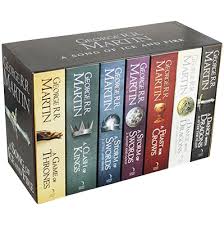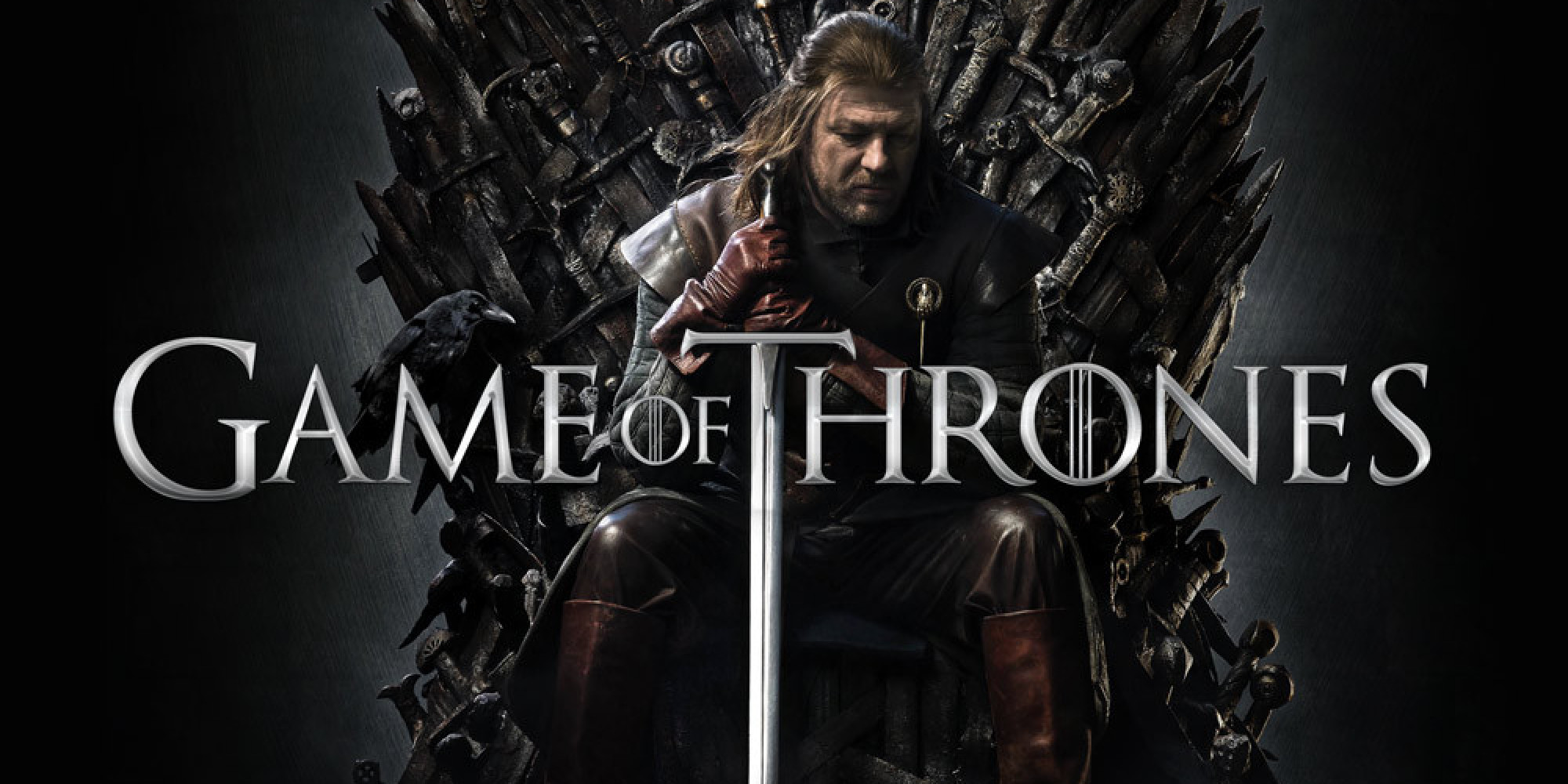The Game of Thrones franchise is an example of transmedia storytelling because, though its main story is told through the Song of Ice and Fire book series, there are a variety of other media across different platforms that contribute to the overall story and world of Westeros. Transmedia is a way of “integrating multiple texts to create a narrative so large that it cannot be contained within a single medium” (Jenkins 95), and this is what the Game of Thrones franchise aims for.

In addition to the book series, the franchise includes a very popular television show adaptation that includes different characters and storylines (and in some cases rather large additions or alterations to central plot points or events), many novellas that include new characters or explain past events that are important to but not included in the main series, a comic book adaptation of the first book in the series, and various companion books that expand on the history of Westeros. The franchise also includes artbooks, cookbooks, board games, card games, and multiple video games that all showcase or explore new aspects of the world of Westeros.

Each of these different media within the franchise, to some extent, “generate[s] new experiences for the consumer and expand[s] points of entry into the franchise” (Jenkins 105). While some of these media do a better job of this (the television show, the novellas, and the companion books, which all definitely include new content that expands the world) than others (the games, which may or may not add new information), all of them combined create a narrative and a world that reaches beyond the boundaries of the initial book series. Most of these additional media are not under direct control of the original creator, George R. R. Martin, and so do not always perfectly line up with the original work.
Overall, the many media that comprise the Game of Thrones franchise accomplishes what Henry Jenkins terms ‘world-building,’ which “[adds] information and [fleshes] out parts of the world so that the whole becomes more convincing and more comprehensible” (116); without the historical companion books or the novellas that expand on and explain past events which influence the book series, the world of Westeros would not be as expansive or interesting.
Word Count: 378
Works Cited
Jenkins, Henry. Convergence Culture. New York: New York University Press, 2006.
